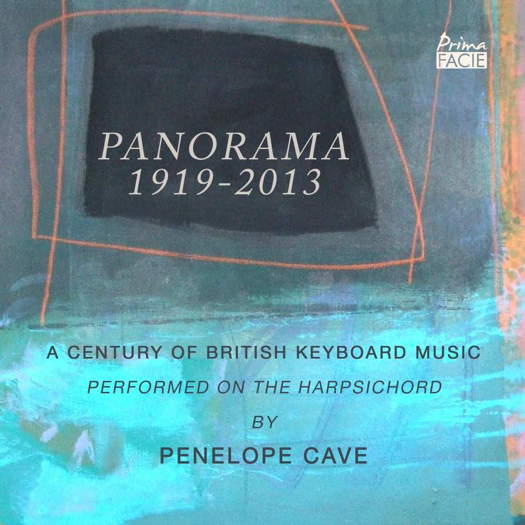 DISCUSSION: What is a work? John Dante Prevedini leads a discussion about The performing artist as co-creator, including contributions from Halida Dinova, Yekaterina Lebedeva, Béla Hartmann, David Arditti and Stephen Francis Vasta.
DISCUSSION: What is a work? John Dante Prevedini leads a discussion about The performing artist as co-creator, including contributions from Halida Dinova, Yekaterina Lebedeva, Béla Hartmann, David Arditti and Stephen Francis Vasta.
Kari Løvaas
Norwegian soprano Kari Løvaas (also known as Kari Lövaas and Kari Lövaas-Gerber) was born in Skien on 13 May 1939. She studied piano and voice at the Oslo Conservatory with Ingeborg Vorbeck and later at the Wiener Musikakademie.
Her operatic debut was on 16 February 1959, singing Nuri in Tiefland by Eugen d'Albert for Norwegian National Opera and Ballet, recommended by Kirsten Flagstad, who had sung the same role for her own debut.
She sang in the ensemble at Dortmund Opera and then at Staatstheater Mainz. She began to sing guest roles in Scandinavia in 1966, and soon after began to appear at major opera houses in Australia, Europe, Japan and the USA. She began singing Wagner roles in 1973.
She appeared in first performances of new works such as De temporum fine comoedia by Carl Orff, and made recordings, including of various rare works. She performed Haydn operas with Antal Doráti, and also worked with Herbert Blomstedt, Karl Böhm, Herbert von Karajan, Rudolf Kempe and Wolfgang Sawallisch.

Kari Løvaas (1939-2025)
In addition to opera, she sang solos in choral works such as Bruckner's Te Deum, Rossini's Petite messe solennelle and Franz Schmidt's The Book with Seven Seals. She also performed songs by J S Bach, Beethoven, Berg, Grieg, Handel, Mozart and Richard Strauss.
Kari Løvaas died in Schaffhausen, Switzerland, on 24 April 2025, aged eighty-five.


